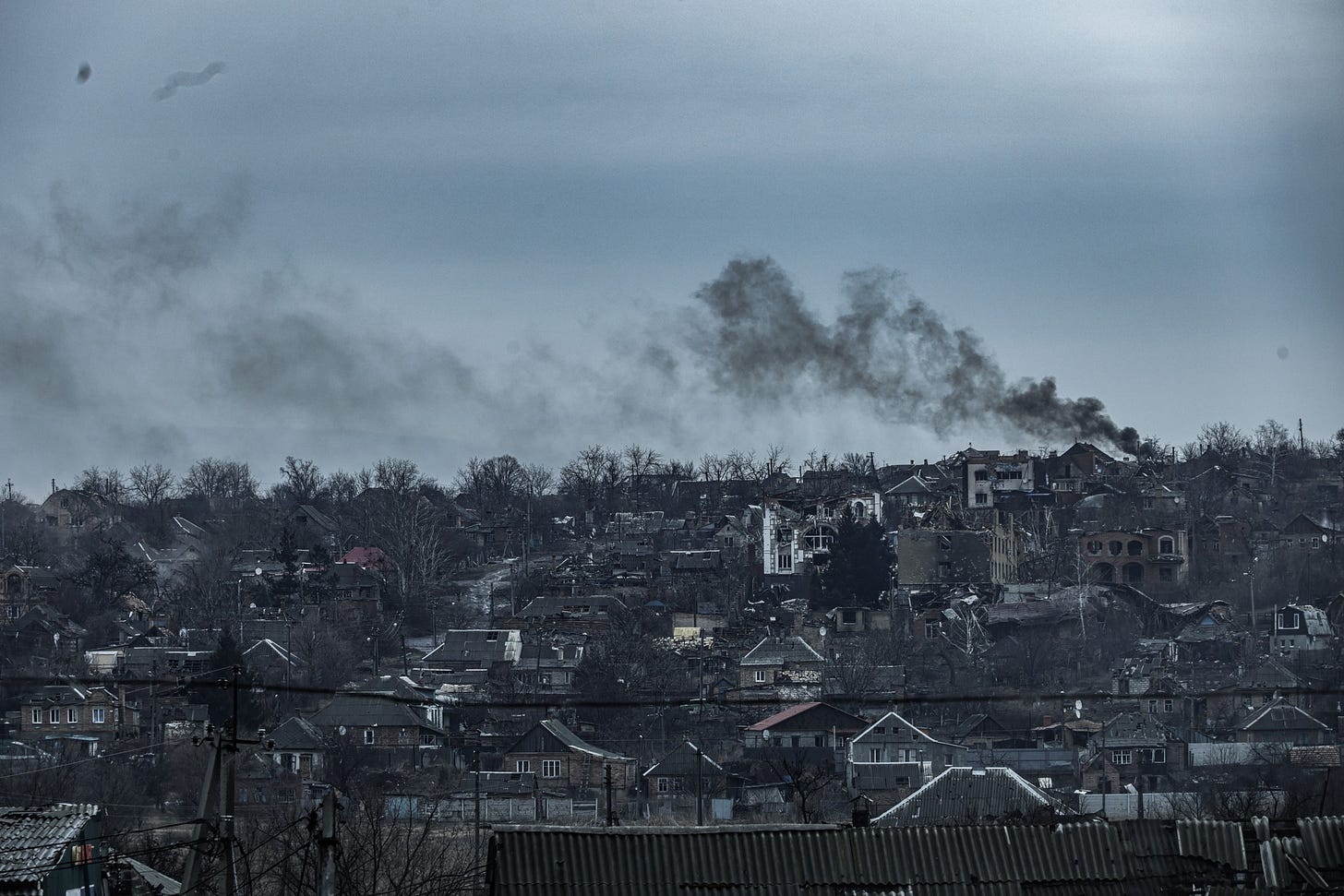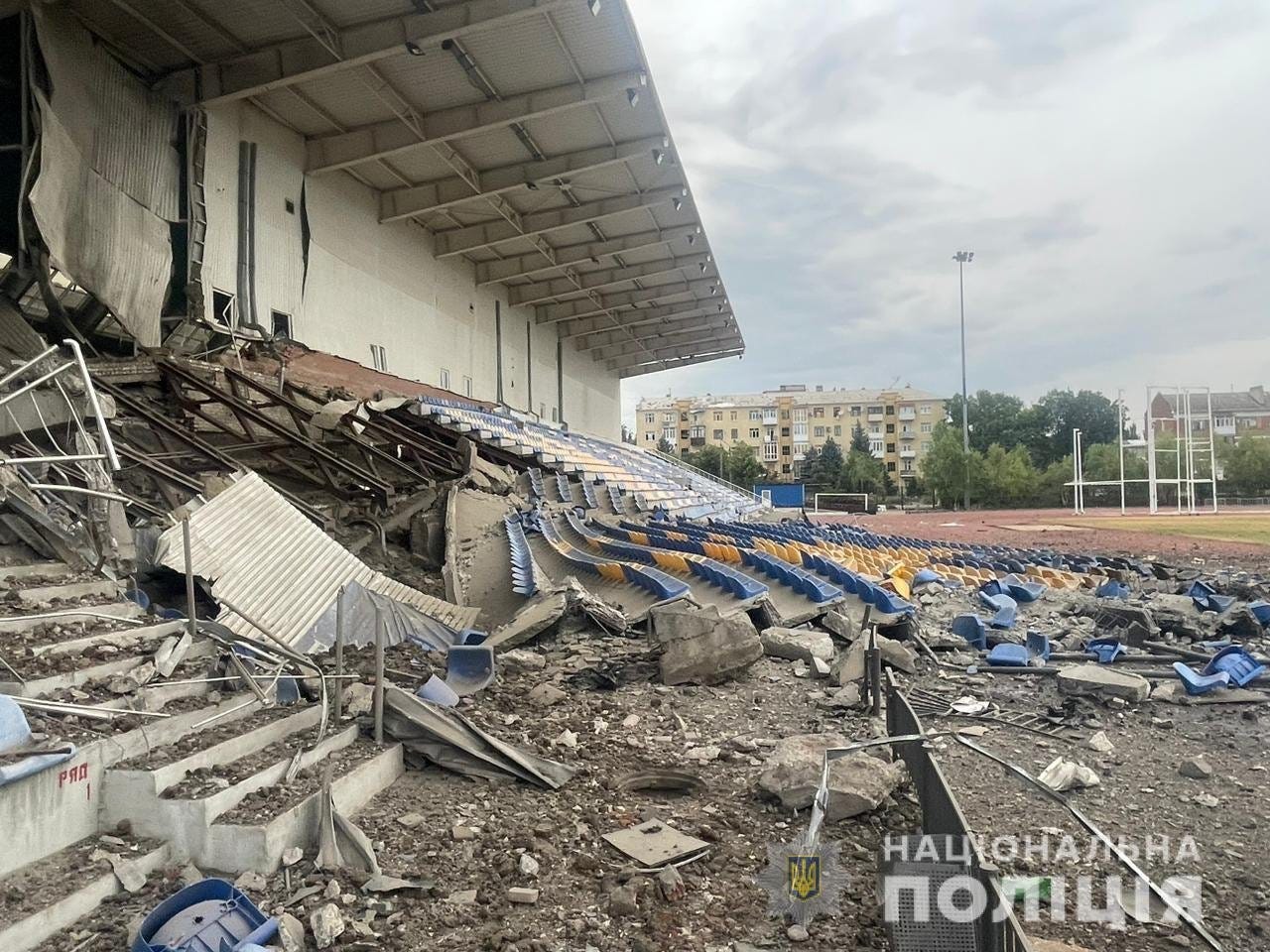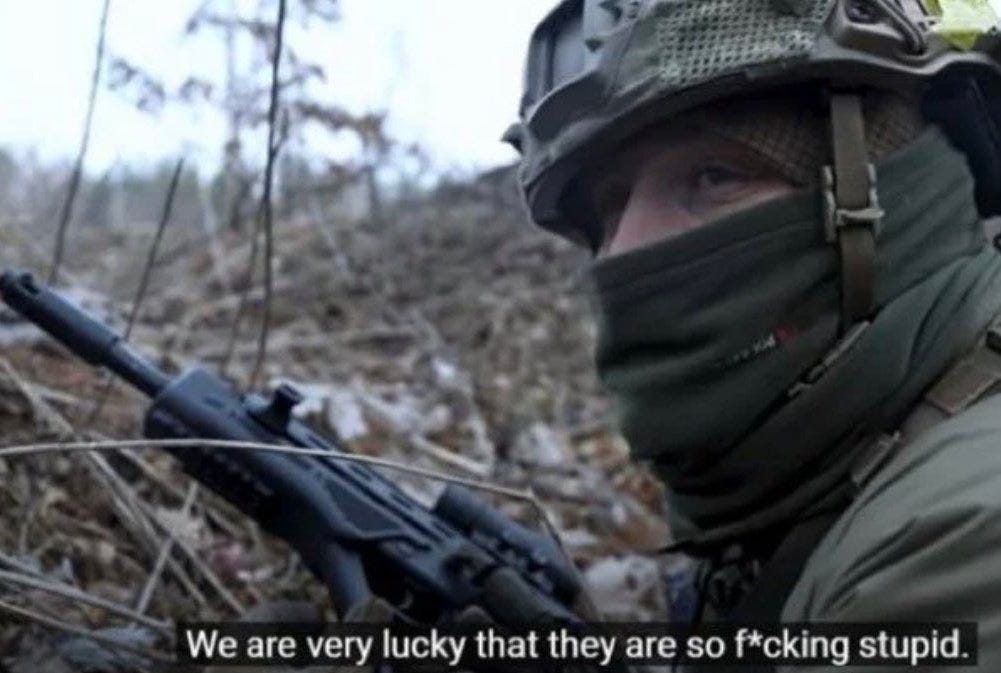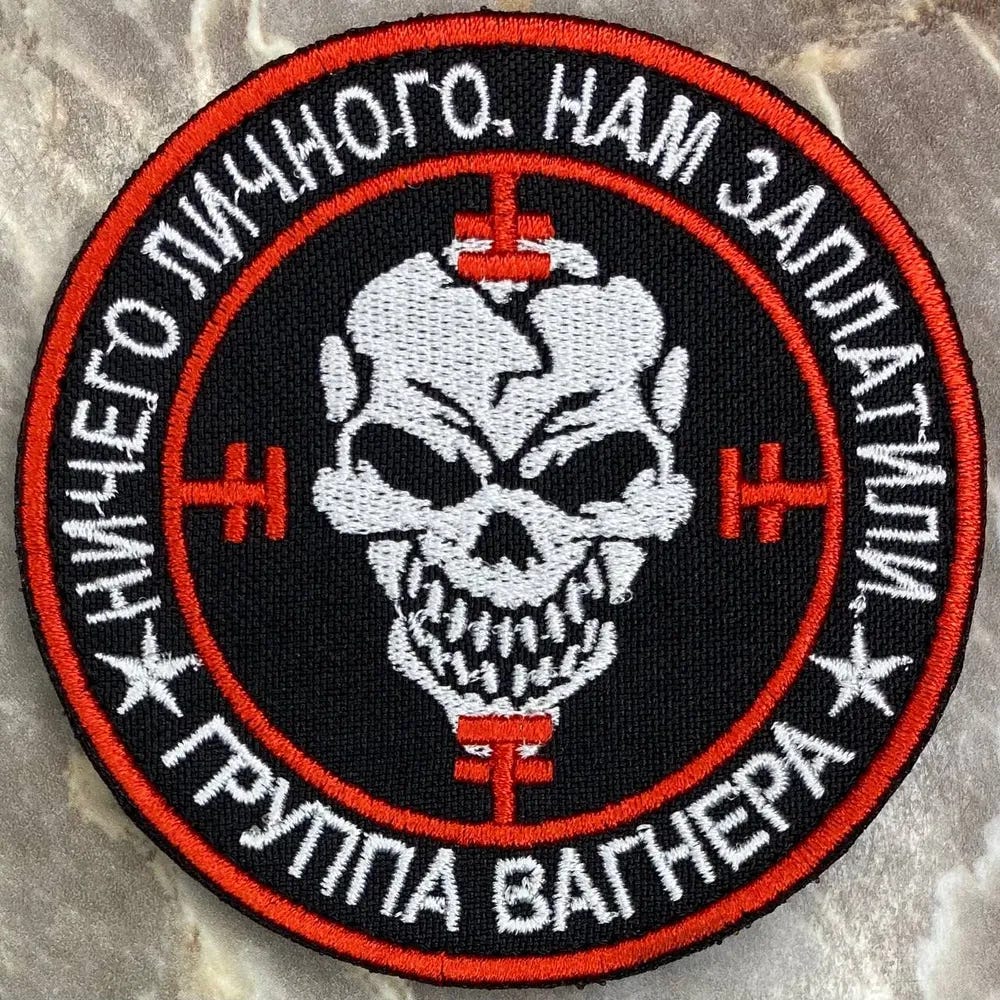Russia's Bakhmut Blunder
A Clausewitzian Perspective on the Reasons Behind Russia's Costly Mistake
The city of Bakhmut is now in Russian hands. It is hard to imagine that its capture is considered a victory. The Russians, much like a dog chasing a car, having achieved their objective, were left wondering why exactly they went to the trouble, and what on earth they ought to do now. Russia’s fixation on Bakhmut has come with real costs, most importantly the loss of an opportunity to better prepare for the Ukrainian counteroffensive. The disproportionate casualties Russia suffered in taking the city means that there are now fewer shells and men available for addressing Ukraine’s counteroffensive.
In this article, I will argue that Russia’s fixation on Bakhmut was a strategic mistake and that the reason the Russians made this mistake can be best understood through the theories of Carl von Clausewitz.
Taking Bakhmut was a plainly stupid move and Russia's decision to do so therefore requires explanation. The location has no military value sufficient to justify the cost, nor was the lost ratio favorable enough for the Russians to gain an attritional advantage. The move was particularly nonsensical because it has been long apparent that Ukraine intended to conduct an offensive of its own. Conducting a counteroffensive is inherently difficult and would impose high costs were it to fail. The counteroffensive therefore presented Russia with a prime opportunity to inflict a decisive defeat on Ukraine and regain the initiative.
Instead, Russia continued to waste resources in taking a strategically worthless city, and rested its hopes of defeating Ukraine’s counteroffensive on the impregnability of its static fortifications. As a result, Russia suffered 100,000 casualties in just four months in Ukraine and lost the opportunity to prepare for Ukraine’s counteroffensive. All this, in exchange for nothing more than a few square kilometers of rubble.
If this error is so apparent, why did Russia make such an obvious mistake? An image of a Ukrainian soldier in 2022, captioned with the phrase, “We are lucky they are so stupid,” provides a cathartic explanation, if not an accurate one. It is true that fallibility is an essential part of understanding war. One of Clausewitz’s central points is that war must be understood as a form of human interaction. Human error therefore has its role in war. Clausewitz explains how this is particularly the case through the concept of the “fog of war.”
“The general unreliability of all information presents a special problem in war: all action takes place, so to speak, in a kind of twilight, which like fog or moonlight, often tends to make things seem grotesque or larger than they really are.
Whatever is hidden from full view in this feeble light has to be guessed at by talent, or simply left to chance. So once again for lack of objective knowledge one has to trust to talent or to luck.”
-Carl von Clausewitz, On War, Book II Chapter 2
In this distorted environment, it’s very easy to understand how mistakes are made. Yet, these difficulties are stronger the closer to the actual fighting you are. In the heat of battle, decisions are made under pressure, based on imperfect communication, and on short notice. Strategic decisions, like choosing to continue the offensive at Bakhmut, are less susceptible to difficulties of the “fog of war.” Strategic decisions are made with more information and under less stringent time constraints. As a result of the opportunity for more careful consideration under more favorable information conditions, it’s not useful to ascribe strategic blunders to stupidity.
The reason behind Russia’s error in Bakhmut is that political motivations overcame military logic. Russia wanted to advance in Bakhmut for the political benefits of having captured the place, and because of the political benefits of maintaining offensive action and the appearance of the initiative.
The prioritization of politics is a very Clausewitzian idea. After all, Clausewitz’s definition of the nature of war is the use of violence for political ends. The argument that political interference caused an army to blunder seems anti-Clausewitzian. In fact, Clausewitz writes explicitly that, “When people talk, as they often do, about harmful political influence on the management of war, they are not really saying what they mean. Their quarrel should be with the policy itself, not with its influence.” On War, Book VIII Chapter 6
However, in recognizing the primacy of policy, Clausewitz also lays the ultimate responsibility at the feet of the policymakers.
“If the policy is right-that is, successful-any intentional effect it has on the conduct of the war can only be to the good. If it has the opposite effect the policy itself is wrong.”
As such, while it is correct and necessary for civilian authority to make the ultimate call as to how best to advance policy through military means, what the correct policy is, is not altogether clear. Decision-makers consider military advantage only as part of the set of policy goals, which inevitably conflict with one another. The second a war breaks out it’s not as though all other political objectives are abandoned. Few wars are total, and politicians frequently choose to reduce the odds of victory in order to pursue other policy objectives.
Russian policy ought to have focused on force regeneration and not on gaining political benefits from taking territory. Policy mistakes are much easier to explain than considering the situation in a purely military sense. If Russia’s only goal was giving itself the best possible odds of winning the war, the emphasis on taking a city for the sake of internal propaganda is nonsensical. However, when winning the war is only part of a panoply of interests and is, in fact, subordinate to interests such as regime security, and personal ambition.
In the case of Bakhmut, the Russians prioritized too strongly the benefits they hoped to reap from its capture, both militarily and propagandistically. It also seems likely that civilian leadership underestimated the cost involved. While the extent of Russian losses is far from clear, it is apparent that they weakened the Russian army relative to Ukraine.
Something that undoubtedly contributed to the policy failure of Russia in Bakhmut is the lack of trust between the military and the state. Russia’s initial operational plans for the invasion were far beyond the capacity of the military. The incongruity of pre-war assessments of Russian forces and their actual performance against Ukraine clearly shows that the Russian military cannot be trusted to tell the truth.
Russian decision-makers are therefore in a double-bind. They can’t believe what the military tells them uncritically, because they’ve been proven to lie in the past. At the same time, assuming that whatever the military reports is a self-serving deception is equally counterproductive. In this way, the Russian strategic leadership may have made the wrong decision either because they trusted the army’s sycophantic optimism or because they distrusted its sober pessimism.
As we can see from this scenario, the level of corruption and ensuing institutional distrust and dysfunction that Russia faces prevent it from making informed decisions on the strategic level. Clausewitz’s assertion that, “In war, the simplest thing is difficult,” is true at all times, but many times more in a corrupt army. The simple truth that advancing in Bakhmut cost more than it was worth needed to find its way from the men on the frontline, who knew it all-too-well, to president Putin. At every stage of the communication, there’s an opportunity to lie to look better to one’s superiors. Commanders are aware of this, but have the same incentives with regards to their own superiors. The unvarnished truth has to be carried a long way without embellishments, whereas a completely fabricated-but optimistic-tale will be readily passed up the chain of command.
This is the fundamental problem of a corrupt army, and of any corrupt organization. No one can be trusted. What’s more, failing to buy into the corrupt system comes with very direct disincentives. True believers are derided as naïve and dangerous and are either forced out, or cynically accept that not participating in “the system” is costly, without any benefit.
Not only is corruption inevitably difficult to address, Russian leadership has strong reasons to avoid attempting to do so. Putin’s regime has rightly been described as a kleptocracy. Its security is based on patronage and graft. The problem of corruption cannot be uprooted without threatening the basis for Putin’s power. As Russia-scholars and the Russian opposition have shown, Putin’s regime relies on the distribution of plundered state assets to ensure both control and loyalty among a corrupt and literally criminal elite.
Further obfuscating a purely military consideration of Russian commitment to Bakhmut is the role of Wagner group. This private entity serves as an arm of the regime, but has continually publicly clashed with the Russian Ministry of Defense. Internal power struggles may have either motivated Wagner to try and gain favor by capturing Bakhmut-uninterested in the larger strategic picture-or have been sent deliberately into urban warfare by rivals keen to see its power weakened by attrition or failure.
The strategic blunder of Bakhmut can therefore only be understood by looking closely at the regime that pursued it as policy. Any analysis that does not integrate the factors of the regime’s political interests and the effects of endemic corruption on the decision-making process will fail to satisfactorily explain it. The case of Bakhmut is a demonstration of the necessity of Clausewitz to understanding the conduct of war, and in integrating political analysis into the discussion of military action. From Clausewitz, we understand that war is intrinsically political and attempting analysis on a “purely military” basis is futile.
We cannot say exactly what confluence of forces cause Russia to blunder in Bakhmut, but we can say that it is the product of a mistaken policy, at least in regards to its objectives in Ukraine. Politics, both within the Kremlin, and between the Kremlin and the Russian people, continues through the war and has the power to shape it. Clausewitz defines war as policy with the addition of violence. That policy is shaped by the same forces as before the addition of violence. Therefore, even though capturing Bakhmut was counterproductive from a military perspective, it may not be irrational because fulfills policy objectives beyond the current war in Ukraine.






